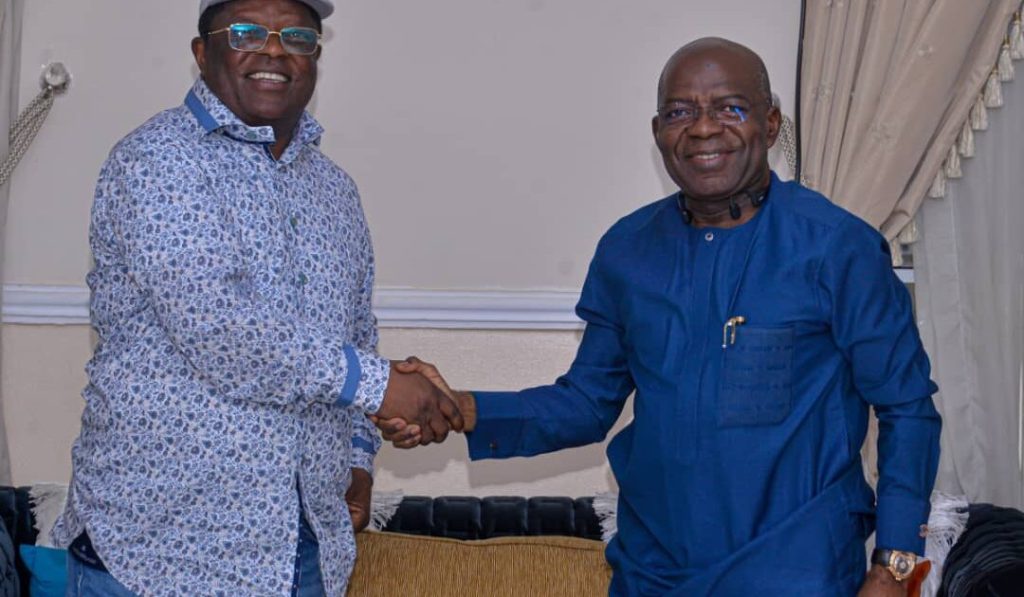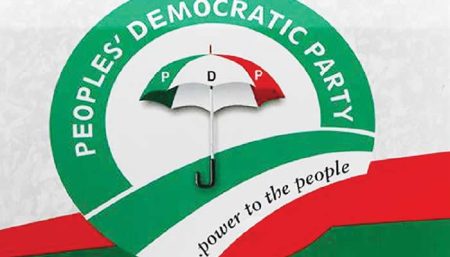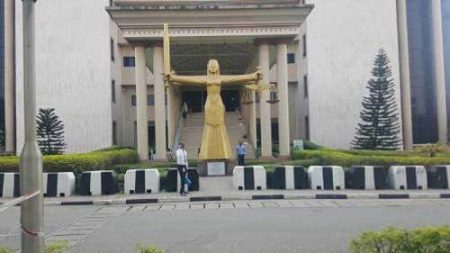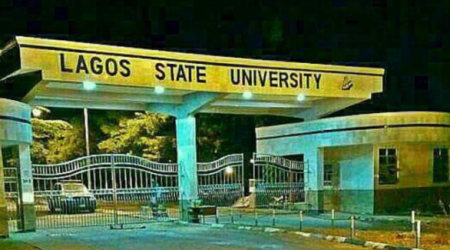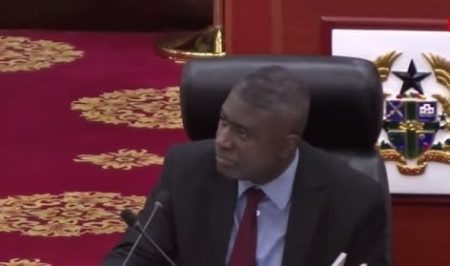Dave Umahi, the Minister of Works, visited Abia State Governor Alex Otti to inspect federal road projects slated for presidential inauguration later this year. Umahi’s visit served as a platform to advocate for unified support for President Bola Tinubu, emphasizing the President’s commitment to developing the South East region. He commended Tinubu for initiating numerous projects in the area, asserting that it warrants bipartisan support from the region’s political leaders. Umahi specifically highlighted the importance of standing with Tinubu to rewrite the South East’s history and reintegrate it into the mainstream of the federal government. He expressed confidence that all South East governors, regardless of party affiliation, are aligned with the President’s vision. Umahi underscored the president’s dedication to infrastructure development, suggesting that Tinubu is the most fitting figure to inaugurate the completed projects.
Umahi’s commendation of Governor Otti’s infrastructural efforts was a key aspect of his visit. He expressed admiration for both the quantity and quality of the projects undertaken by the state government, particularly the Port-Harcourt Road reconstruction, which he described as “mind-blowing.” Umahi conducted a personal, unannounced inspection of various projects in Abia State, aiming to provide President Tinubu with a firsthand account of the progress. He expressed his pride in Otti’s achievements, noting that they would be showcased during the President’s upcoming visit to Abia State. This underscores the importance placed on infrastructure development as a marker of progress and collaboration between federal and state governments. Umahi’s clandestine inspection demonstrates a personal commitment to ensuring the veracity of his report to the president, highlighting the importance of the projects.
The Minister specifically expressed gratitude for Otti’s support in facilitating the construction of two sections of the Port Harcourt to Enugu Expressway. He acknowledged that progress on these sections was challenging prior to Otti’s tenure, highlighting the governor’s positive influence in creating a conducive environment for the contractors. Umahi also appealed to governors to collaborate with the federal government on projects, transcending party lines. He specifically requested Otti’s intervention on the Aba-Port Harcourt Expressway, suggesting the use of the same contractor if feasible. This illustrates the emphasis on practical solutions and a collaborative approach to infrastructure development, irrespective of political affiliations.
Governor Otti responded by reaffirming his administration’s dedication to partnering with the federal government on key infrastructural projects aimed at enhancing the lives of the people. He acknowledged the federal government’s support in Abia State and pledged to continue this partnership as a unified front. Otti emphasized the shared credit that accrues to both federal and state governments upon project completion, highlighting the ultimate beneficiaries as the people. His assurance to examine the Enugu-Port Harcourt carriageway further demonstrates a proactive response to the Minister’s appeal and a commitment to addressing the infrastructural needs of the region. Otti’s perspective underscores the importance of collaborative governance and shared responsibility in serving the citizenry.
The interaction between Umahi and Otti showcases a potential model for intergovernmental cooperation in Nigeria. Their emphasis on shared goals, regardless of party affiliation, signals a promising approach to overcoming political divisions and prioritizing the needs of the people. Umahi’s advocacy for Tinubu extends beyond mere political allegiance; it is framed within the context of the President’s commitment to developing the South East, thereby presenting a compelling case for regional unity. The focus on infrastructure development as a shared priority further strengthens this call for collaboration. The visit serves as a concrete example of how federal and state governments can work together to achieve tangible progress.
Furthermore, Umahi’s personal inspection of the projects and his subsequent praise for Otti’s work demonstrate a level of engagement beyond mere formality. This personal touch adds weight to his advocacy for collaboration and reinforces the message that genuine progress requires active participation and oversight from all levels of government. By framing infrastructure development as a shared achievement that ultimately benefits the people, both Umahi and Otti underscore the importance of transcending political divides for the greater good. This approach, if adopted more broadly, could significantly contribute to more effective governance and improved outcomes for citizens across Nigeria.





